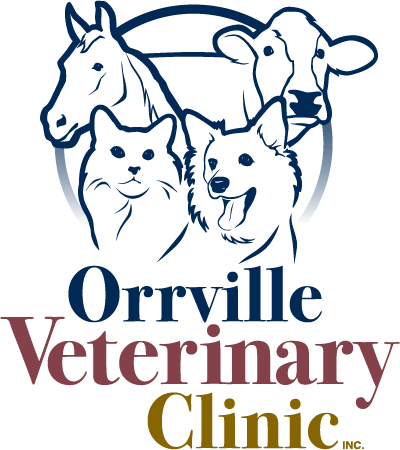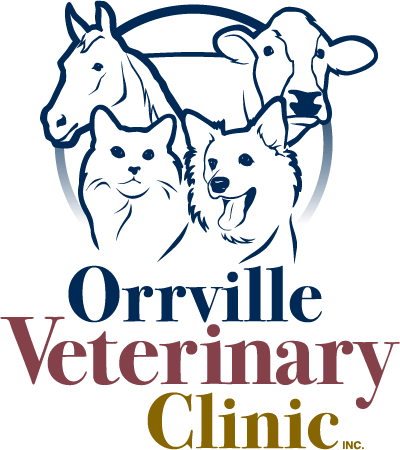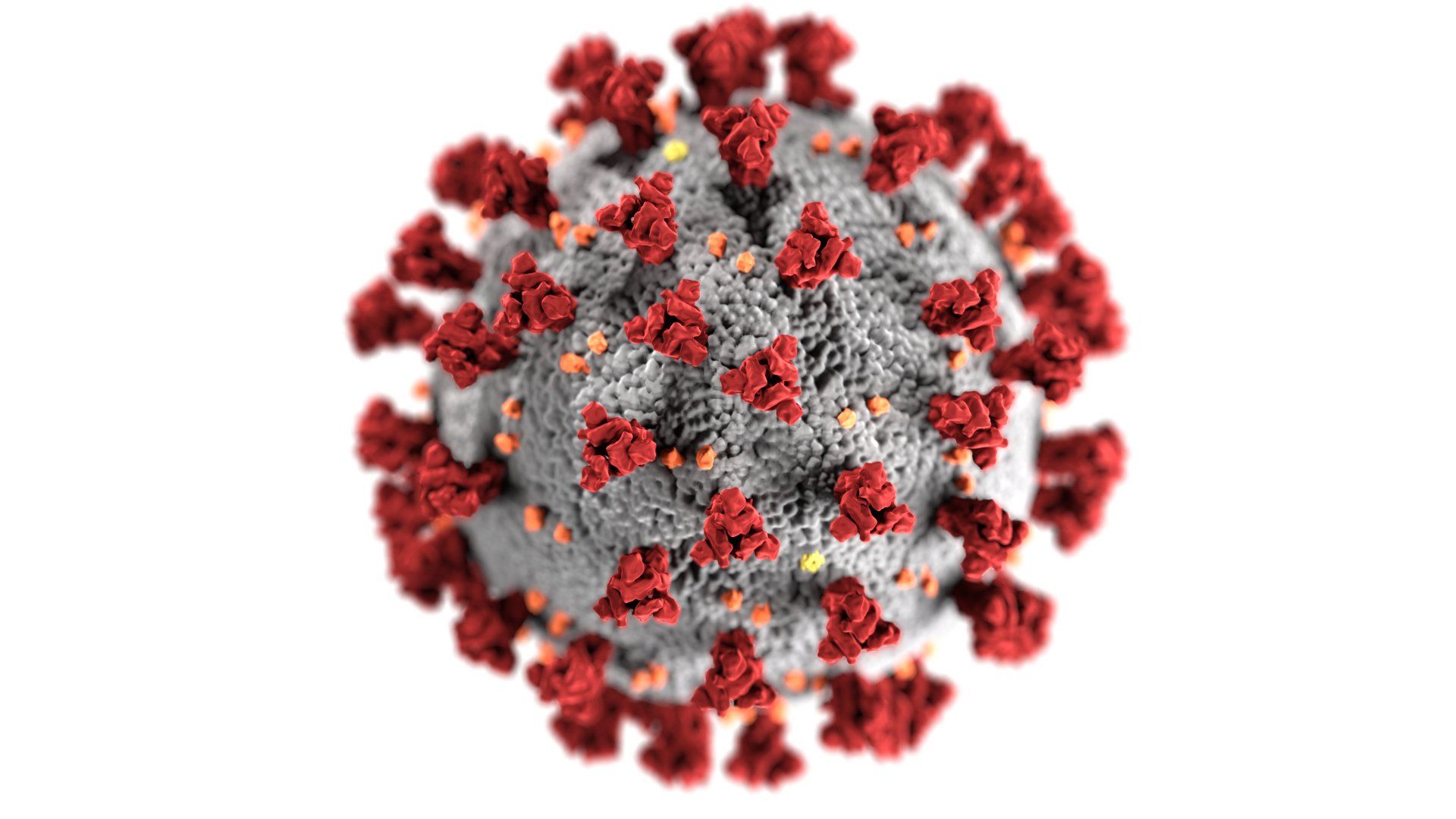Canine Infectious Respiratory Disease
CIRD
Canine Infectious Respiratory Disease has been in the news lately due to an outbreak in Chicago. While this sounds like a specific diagnosis or specific disease, CIRD is actually a complicated syndrome caused by three or four different infectious conditions: Bordetella Bronchiseptica, Parainfluenza virus, Canine Influenza and Mycoplasma.
Bordetella Bronchiseptica (AKA Kennel Cough).
Kennel cough is a well known problem among dog owners. It gets its name due to the many occurrences in boarding facilities, or kennels. Kennel cough is caused by the bacteria Bordetella Bronchiseptica. By itself, kennel cough is not a vary serious disease, with a very low mortality rate. Clinical signs of kennel cough include a deep harsh cough, runny nose, mild to moderate fever and a general lethargy.
Parainfluenza Virus
Parainfluenza is thought to be a minor problem in dogs. By itself, it rarely causes clinical disease. The problem with parainfluenza is thought to be when it acts as a secondary invader to dogs with kennel cough. By contracting a second issue, these dogs are further compromised. This makes them less likely to fight off other factors that contribute to CIRD.
Canine Influenza
Canine Influenza is more of an emerging disease among the US dog population. At this time, there are two strains that are known to affect dogs worldwide: H3N8 and H3N2. The H3N8 isolate crossed species from horses to dogs in early 2005. Since that time, a highly effective vaccine has been developed to prevent this strain for the most part. The H3N2 strain is new to the US. It was identified several years ago in Asia. The relevance of this new disease is yet to be determined as far as whether it is a major contributing factor to the Chicago outbreak.
Mycoplasma
Mycoplasma is a bacterial disease of dogs. Mycoplasma has several varieties, but is the general term for a group of bacteria that can invade the lower respiratory tract of dogs, causing a complicated pneumonia. This bacteria is often resistant to many of the antibiotics that are used to treat other respiratory infections.
Prevention is the Key
Benjamin Franklin stated that "an ounce of prevention is worth a pound of cure. " This statement rings true in regard to CIRD. With that being said, what can be done to prevent this from happening to your dog? Prevention revolves around avoidance of high risk areas along with vaccination. Dogs come into contact with these infectious agents mostly from direct contact with other dogs. Avoiding dog parks is a good idea. If you do take your dog to a dog park, keep him or her on a leash to avoid direct nose to nose contact with other dogs. Dogs that do go to at risk areas should be vaccinated. At this time, we recommend vaccinating against kennel cough every 6 months. Influenza is an annual vaccine, as is parainfluenza. At this time, there is not a vaccination for mycoplasma that helps dogs to develop much immunity. Fortunately, mycoplasma is often the third invader of this syndrome.
In summary, CIRD is more than one condition. CIRD is a complex syndrome that more or less builds upon itself. Oftentimes, kennel cough or canine influenza virus (CIV) are the beginning of the condition, with other invaders coming in on top of those. By themselves, most of these conditions are not that critical, however all of them as a whole can cause major disease symptoms.












